Ever walked out into the summer heat and felt your body waver slightly?
Or stood for too long and felt your balance gently give way?
That’s when the Japanese onomatopoeia “kurari” (くらり) comes in — the sound and feel of a soft, swaying dizziness.
Before we dive in, hear what it sounds like!
What is “Kurari” (くらり)?
Kurari (くらり) describes a dizziness that comes more gently than Kura (くらっ).
It’s not an instant flash — it’s a moment of lightheadedness with a subtle sway.
It’s used for:
Physical imbalance: heatstroke, fatigue, or standing too long.
Emotional faintness: when shocked, overwhelmed, or faint-hearted.
While Kura (くらっ) feels sudden and sharp, Kurari (くらり) suggests a slightly drawn-out, floating sensation.
Pronunciation
koo-rah-ree (light and drawn, as if swaying)
Categories
Motion

What Does “Kurari” Look Like?
It looks like:
The world tilting slowly for a moment.
A body wavering before steadying again.
A faint breeze swaying a candle flame.

How Do You Say It?
Say it softly, with a little elongation:
Kurari…
Like a gentle sway in your body, not just a flash but a drifting moment.
Example in Daily Life
Example: Swaying faintness
After standing in the sun too long,
her vision wavered —
kurari…
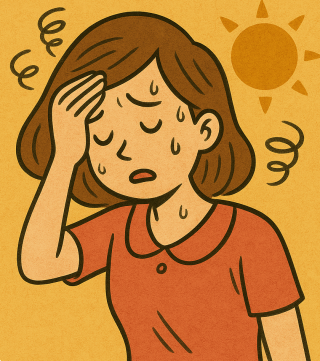
Cultural Note
In English, you might say:
“Feeling faint.”
“My head spun a little.”
“I swayed for a moment.”
But Kurari (くらり) gives you the floating, swaying image — longer and gentler than Kura (くらっ).
Watch & Feel the “Kurari” World!
Feel the soft tilt, the wavering sway.
It doesn’t hit all at once — it drifts in, then passes.
The sound captures that lingering faintness perfectly.
Try Using It!
When you sway from heat…
When your knees feel weak…
When you’re dizzy but not suddenly —
Say it gently:
Kurari…

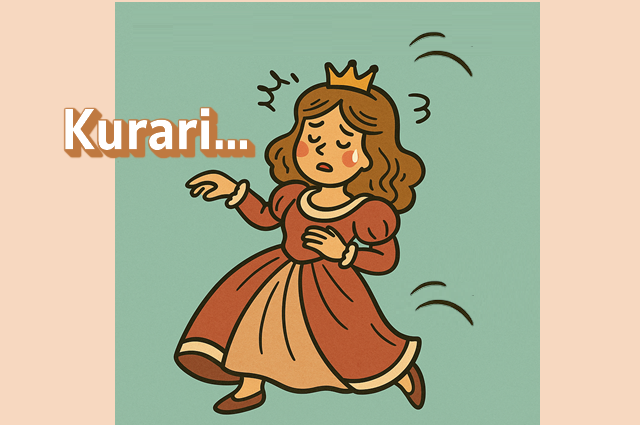

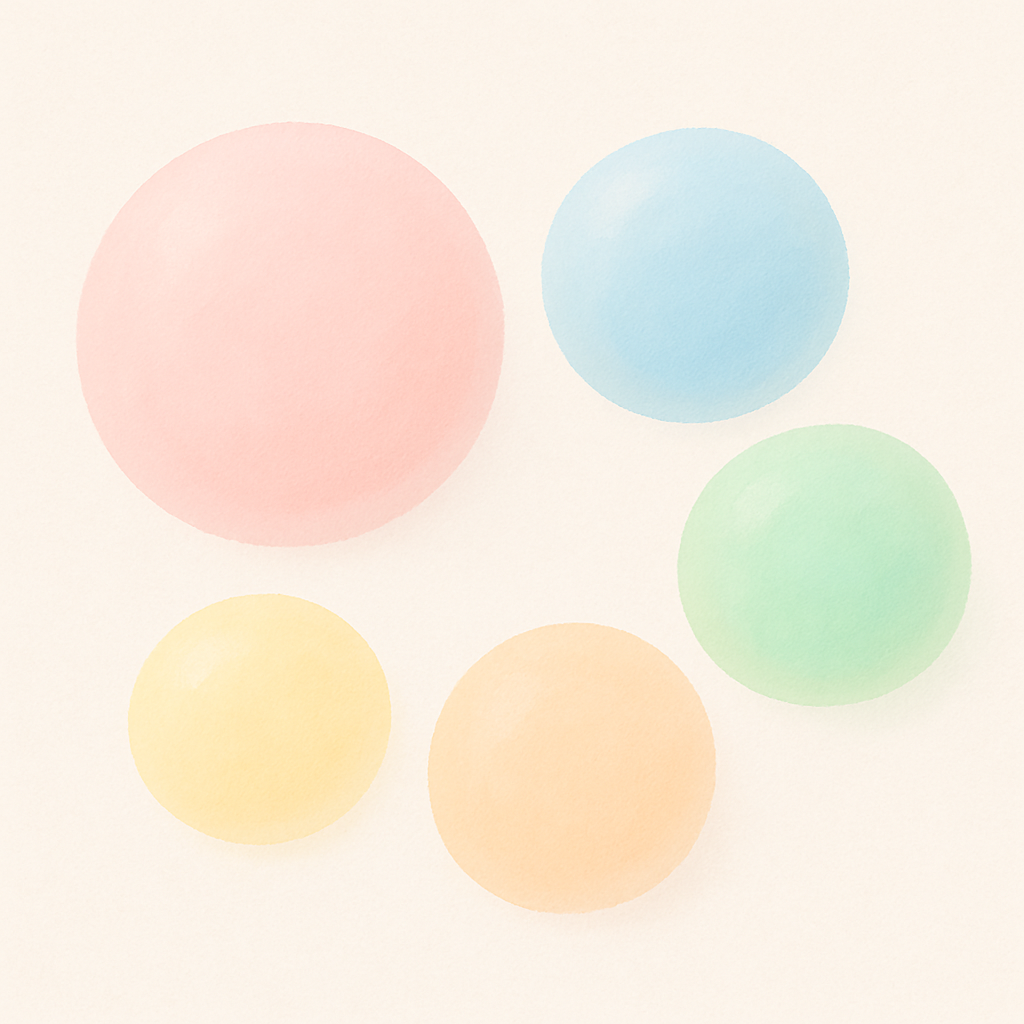

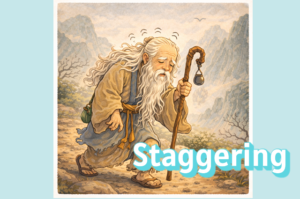


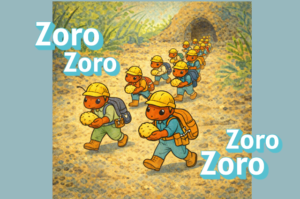

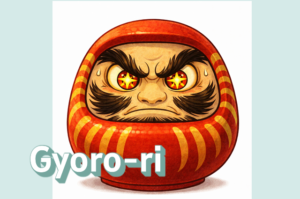


Comments